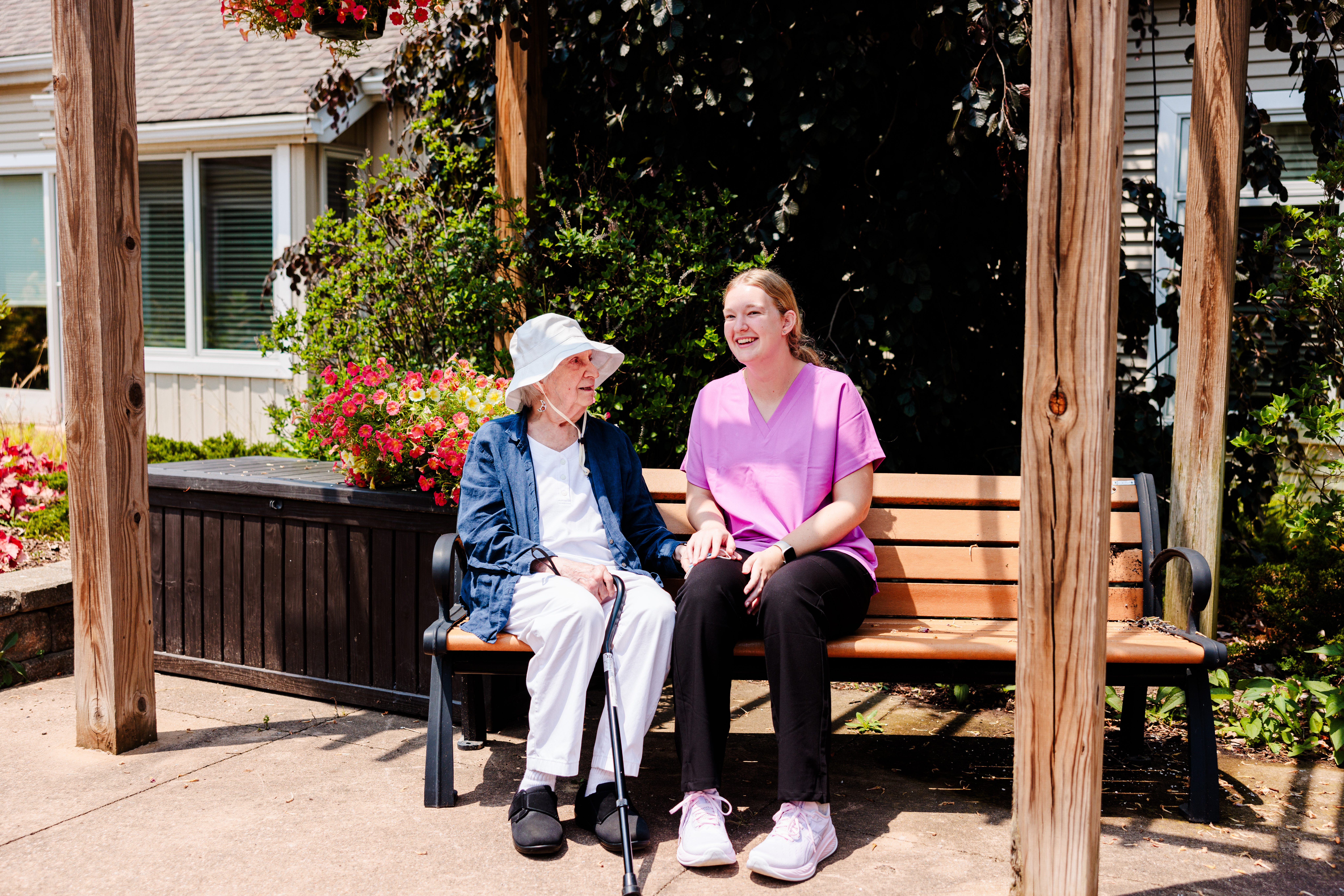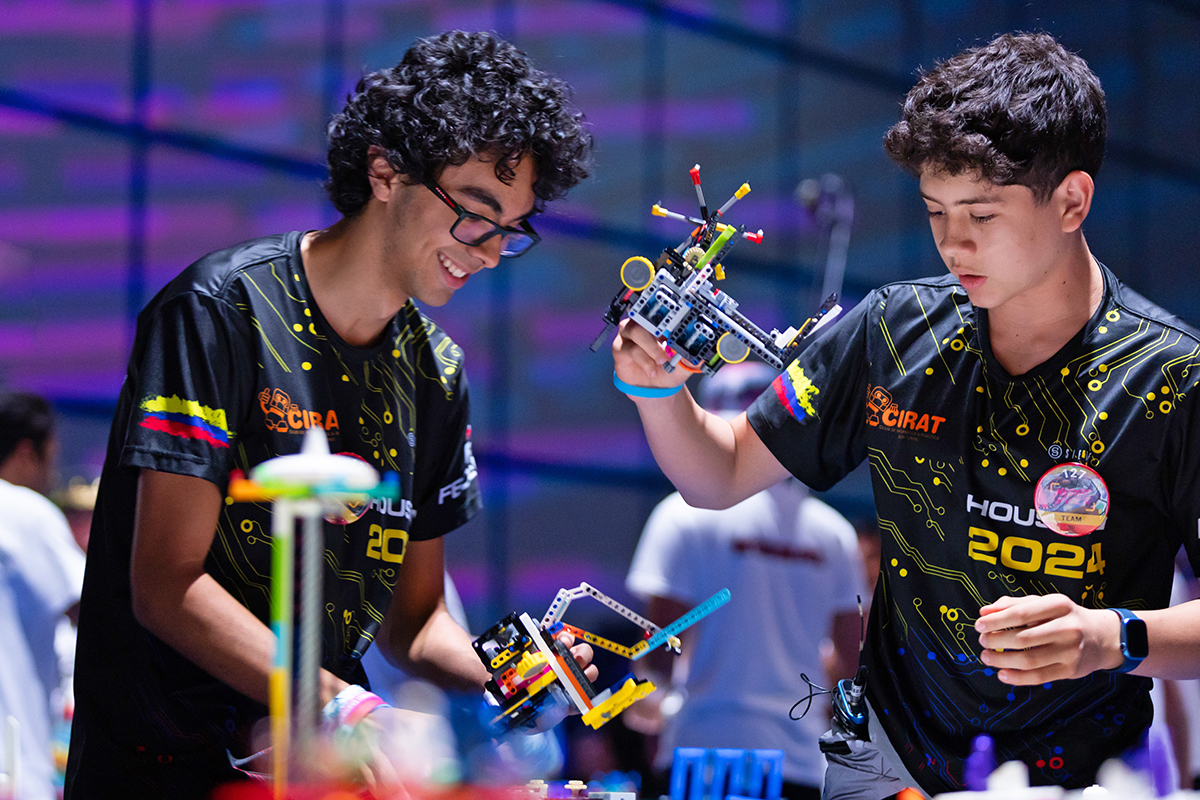Make Potty Training Whiz By
by Caitlin Behrens | Aug. 17, 2017 | 1:00 PM

Long hours in the bathroom, hundreds of underwear washes and those dreaded bedtime accidents — it’s no question potty training can be quite the challenge. On average, parents spend between three to six months getting their tots ready for the big leagues, which can feel like a lifetime when dealing with a cranky 2- or 3-year-old. Dr. Kathleen Skoch, founder of Neighborhood Pediatrics, and Dr. Skyler Kalady, a pediatrician at the Cleveland Clinic, give us some tips and techniques on how parents can make the process whiz by.
Be consistent: Potty training can be a pretty complex idea for little ones, but you can make it much easier by ensuring all caregivers are giving the same guidance and instruction, such as trying after every meal or every two to three hours. “The principle is consistency among caregivers,” says Kalady. “Find out what’s working at preschool or day care, and model the same behavior at home.”
Develop vocabulary: A crucial, yet overlooked step to potty training is helping children develop their bathroom vocabulary so they are able to communicate when they need to go or have already gone. Reading a picture book such as Once Upon a Potty can help, because children tend to have a much easier time memorizing information visually. “It’s also helpful to help them with that vocabulary by talking about it when you’re changing diapers,” Skoch says.
Don't rush: Parents want to jump right into potty training at the first opportunity, but Kalady says that a child must first demonstrate readiness. “When the caregiver or adult is very anxious about this happening, the child can read those signals,” she says. “It can often produce anxiety in the child and make it go worse rather than better.” She experienced both personal and professional success by waiting until the later stage of readiness — when a child is able to walk to a toilet, control the bladder and can communicate bathroom needs.
Stay positive: Focus on reinforcing positive behaviors rather than punishment. “Positive reinforcement is always going to move behavior change more than anything negative or any punishment,” says Kalady. “If they make a mistake, just say, ‘I know you can do better next time’ or simply ignore it.” She also warns parents steer clear of using tangible prizes, such as money or candy, and other items you can’t increasingly reward. “It should be hugs, attention and positive reinforcement,” she says.
Conquer fears: If your child is afraid of using the potty, it’s important for parents to allow the child time to grow out of this developmental stage, which can last up to four to six months. “You just have to be very reassuring and wait,” Skoch says. If children fear going to the restroom, they may hold it in causing them to be constipated. “I usually recommend letting them have a Pull-Up or diaper if they need it to go to the bathroom,” she says, “because otherwise with constipation, it can be far worse."
Trending
-
1
-
2
-
3
-
4
-
5










